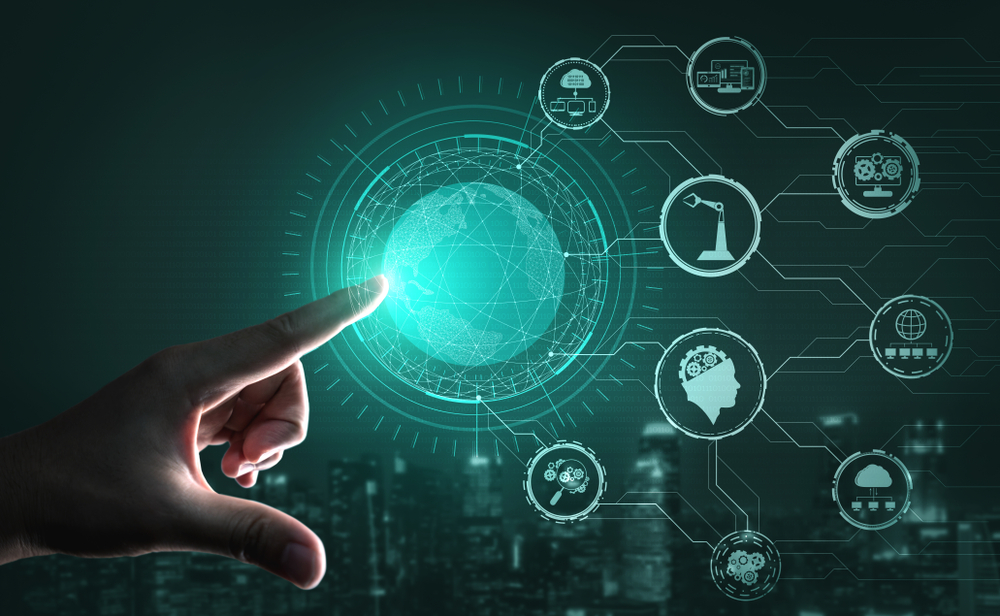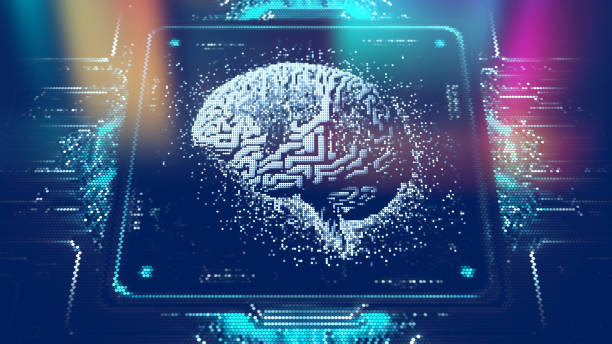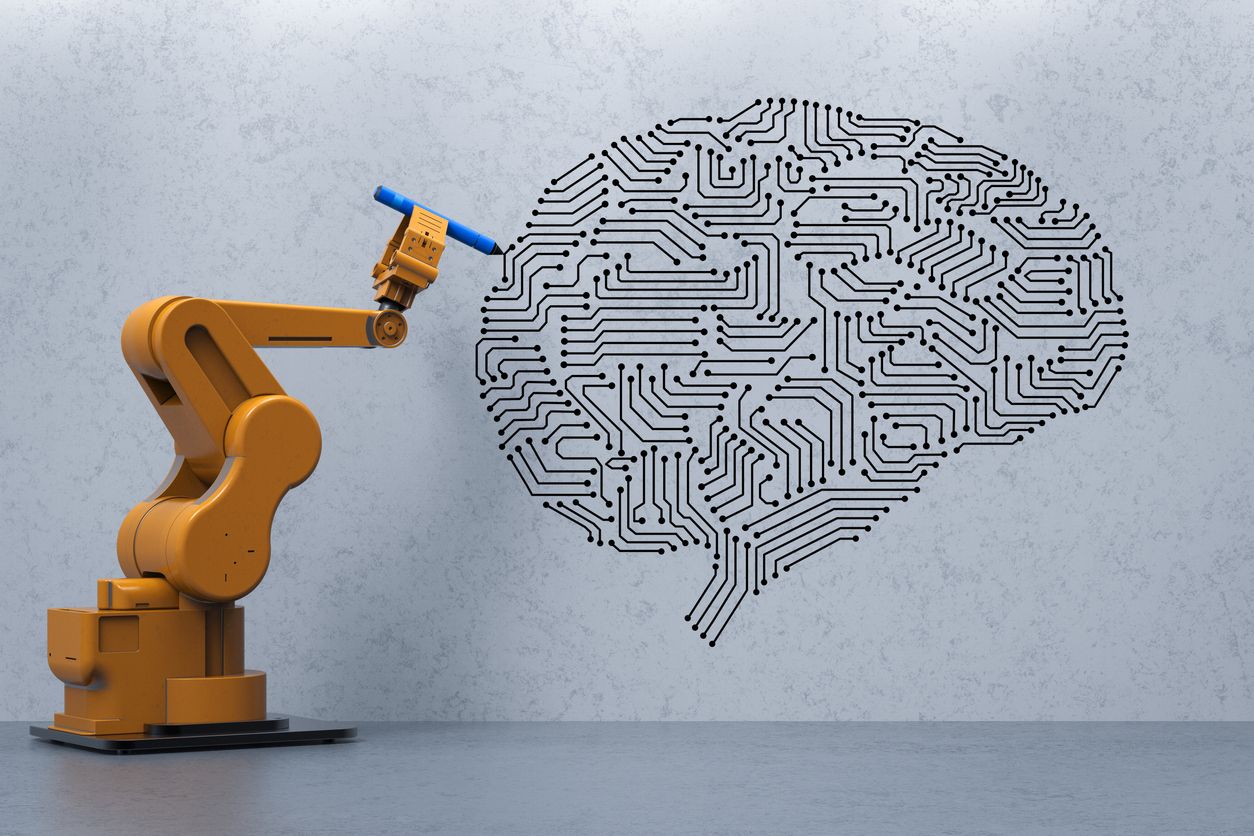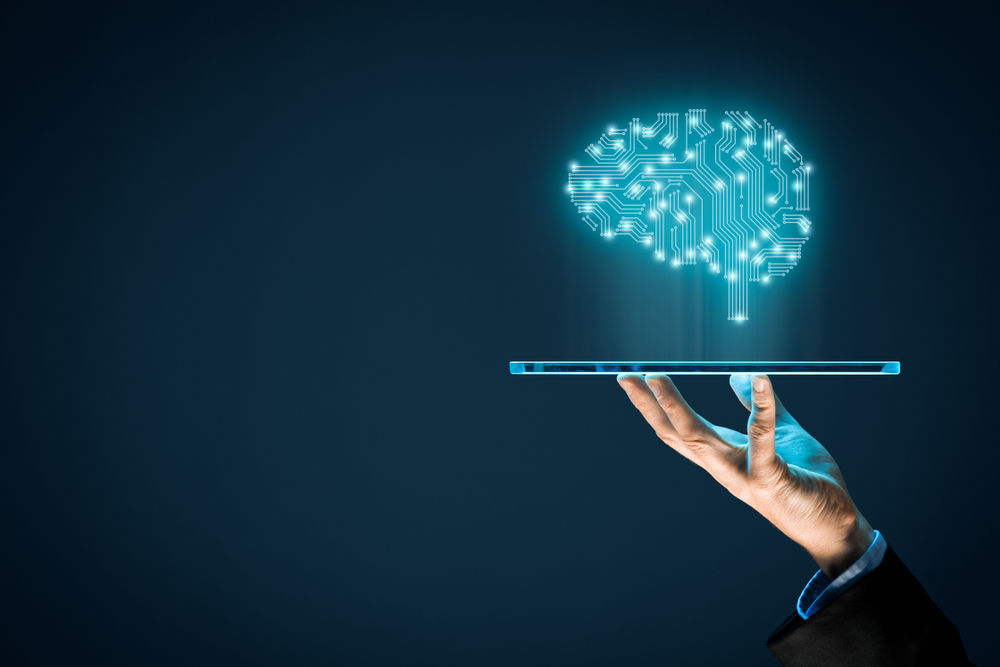Like most people, you probably have a vague understanding of artificial intelligence (AI). In short, AI is a field of study that focuses on creating machines capable of intelligent thought and action. More specifically, AI is used in several different industries, including marketing. AI can help companies analyze large data sets and predict future trends. As a result, AI can help marketing professionals create more effective campaigns. So what does this mean for you? If you’re interested in using AI in your marketing efforts, read for some tips on getting started. And if you’re worried about how AI will impact jobs in the future, don’t worry—the truth is that it will likely expand rather than replace existing positions.
What is Artificial Intelligence?
Artificial intelligence, or AI, is a field of computer science and engineering that deals with creating intelligent agents, and software programs that can reason, learn, and act autonomously.
One of the first successful artificial intelligence applications was in the game “Tic-Tac-Toe” in 1962 by Alan Turing. The game aims for each player to move their pieces on a board so that every piece is adjacent to at least two other pieces, i.e. it can be captured by either player. To win the game, a player must get three pieces into a row (horizontal and vertical lines), called a “space.”
Types of AI
Artificial intelligence can be broadly divided into three types: 1) rule-based AI, 2) data-driven AI, and 3) human-computer collaboration. Rule-based AI is where a computer is programmed with specific rules to decide how it will behave. Data-driven AI relies on large amounts of data to learn how to do things independently. Human-computer collaboration involves two or more people working together to solve a problem.
How is Artificial Intelligence Used?
Artificial intelligence is a field of computer science and engineering that deals with creating intelligent agents, which are systems that can reason and learn. AI research is divided into five main areas: natural language processing, machine learning, data mining, robotics, and cognitive science.
Natural language processing is the ability of a computer system to understand human speech. Machine learning teaches a computer system to learn from data by making small incremental changes to its programming. Data mining is the search for patterns in large data sets. Robotics is the development of machines that humans can control or operate. Cognitive science studies how humans think, learn and remember information.
Benefits of Artificial Intelligence
Artificial intelligence (AI) is a branch of machine learning that aims to create computer systems that can reason, learn and make decisions like humans. AI has many potential benefits, including helping us automate tasks and improving workplace safety and efficiency. Here are five reasons you should be thinking about using AI in your business:
1. Automation: AI can help us automate routine tasks so that we can focus on more important things. For example, it could recommend products or services based on customer data or manage customer accounts automatically.
2. Efficiency: AI can improve the efficiency of our work processes by automating tasks that are time-consuming or prone to error. For example, it could be used to generate reports automatically or to identify and resolve issues quickly.
3. Safety: With AI at our disposal, we can safely handle more complicated tasks and prevent accidents from happening. For example, it could monitor production lines for potential safety hazards or identify errors before they cause problems.
4. Customer engagement: By understanding our customer’s needs better than ever, we can build stronger relationships with them and increase sales conversion rates. AI can help us automate customer feedback loops processes such as surveys and user reviews.
5. Greater innovation: With access to massive amounts of data, AI technology is enabling businesses of all sizes to innovate faster than ever before – especially in fields like healthcare or automotive
Conclusion
Artificial intelligence (AI) is creating intelligent entities or systems that can replicate or surpass human performance on certain tasks. Developed over many years, AI has become a vital part of our lives and work. With the rapid expansion of computers, data, and knowledge, AI has the potential to help us solve many challenges and improve our lives in many ways. However, it’s important to remember that AI isn’t perfect – there are still some areas where we are far behind machines. So while we should embrace AI for its potential benefits, we should also be mindful of its risks and how best to use it.





